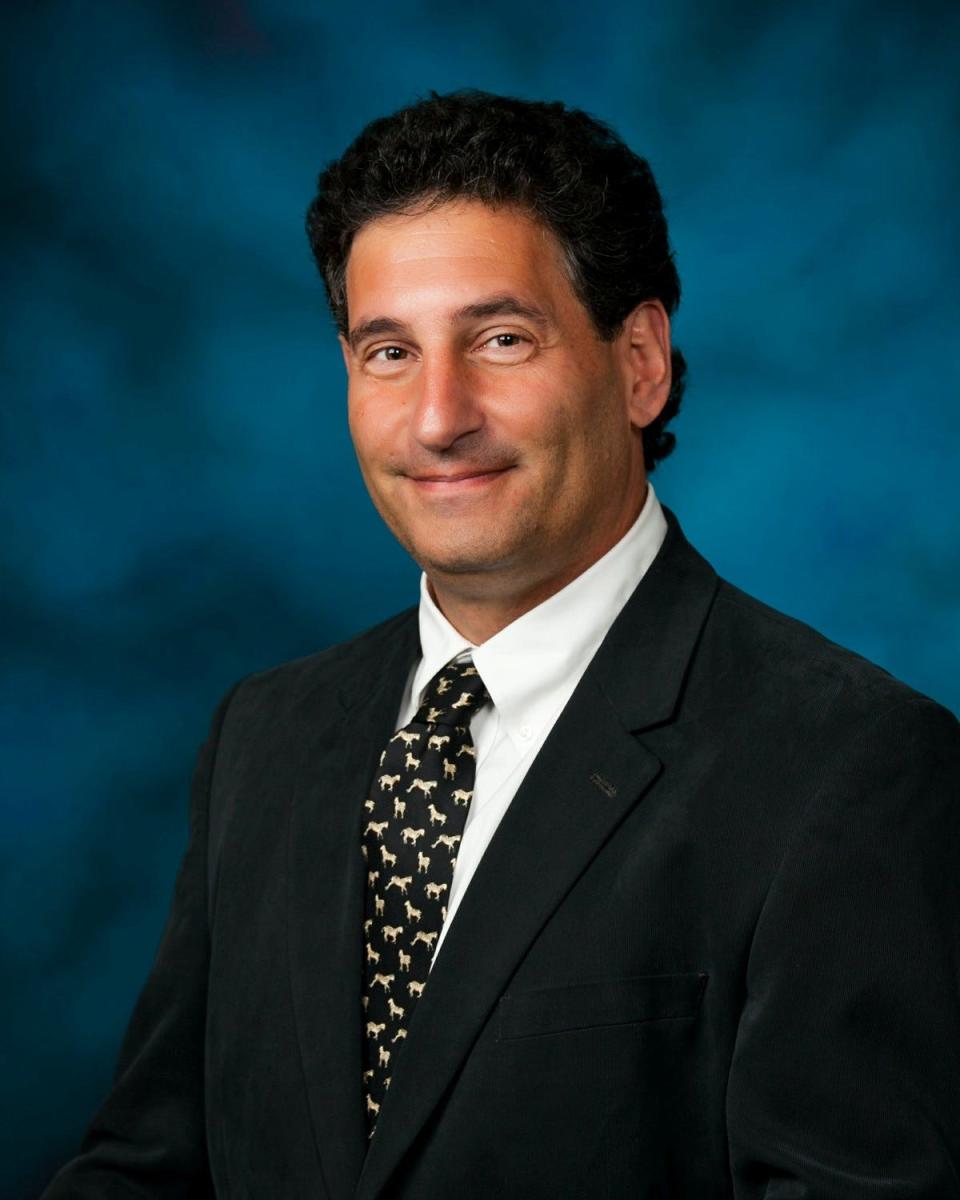What's up, Doc? Why we're now hearing so much about RSV
Q: Why are we hearing so much about RSV now?
A: Respiratory syncytial virus (RSV, caused by a single-stranded RNA virus in the Pnemoviridae family) is a common infection that typically spikes in the U.S. during the fall and winter; it is the most common cause of lower respiratory infections (bronchitis, bronchiolitis and pneumonia) in kids under a year old.
Almost everyone gets RSV at least once by age 2, and since after getting it there is no long-lasting complete immunity, most of us get it again and again (it's a common cause of colds). Because of the increased precautions for COVID-19 over the last few years, some young children might not have been exposed to RSV and so may be even more susceptible.
With COVID-19 precautions now relaxed, we're seeing a sharp increase in RSV cases; hence the reason hospitalization rates are spiking (up from 125,000 young kids typically hospitalized with RSV each year) and hence more reports of this in the news. In addition, the flu is spiking earlier this year, and of course COVID-19 remains active, so we are seeing a triple whammy.

In older kids, teenagers and adults, RSV usually causes only mild cold symptoms. It can cause more severe illness in immunocompromised individuals and those with certain other risk factors (lung issues, heart conditions, others), hospitalizing about 20 per 100,000 people over age 5 each year. In infants (especially premature infants) and kids younger than 5 (especially those with certain underlying conditions), hospitalization rates are much higher, about 15 per 1,000 kids younger than 6 months of age, and 3 to 6 per 1,000 for kids 6 months to 5 years of age.
Thankfully, most people hospitalized with RSV get better, but it does kill some patients, particularly infants where the mortality rate is about 3 per 100,000 per year.
RSV is contagious and can be spread by direct contact (touching, kissing, etc.), the airborne route (from coughing, sneezing, etc.) and even by fomites (objects or surfaces touched by someone who is shedding the virus and then touched by a new patient who spreads it to themselves by touching their mucous membranes such as their eyes, mouth, etc.). After an incubation period of 2-8 days, RSV begins to cause symptoms. As noted above, in most people these are mild cold symptoms like a runny nose, low-grade fevers and/or a mild cough. In those susceptible to more severe disease, it can cause pneumonia and compromise breathing and oxygenation.
The diagnosis of RSV is usually made based on the history and physical examination. Because the main treatment is supportive care (see below), and that is the same regardless of the virus causing the symptoms, confirmational testing is not usually indicated. For people with more severe illness (where more aggressive supportive treatments, hospitalization and/or other care may be needed) or for epidemiological testing (to see "what is going around" a community), PCR or antigen testing of nasal swabs/secretions may be done (similar to the testing we all learned a lot about for COVID-19). A chest X-ray, blood tests, etc. may be indicated in those with more severe illness as well.
In people with mild illness (the overwhelming majority of those who get it), RSV typically resolves on its own in a week or two. These mild cases are treated like colds from other viruses, with increased fluid intake, over-the-counter medications as needed (for example, acetaminophen or ibuprofen for fever), humidifiers (or other treatments for a runny nose), etc. Those with more severe illness may need hospitalization and more aggressive care, such as breathing treatments, supplemental oxygen, and in the most severe cases, intubation and a ventilator to support breathing. Although there is no medication specifically for RSV, certain antiviral medications (for example, ribavirin) may be used.
Noting the ways RSV is spread, it follows that the best ways to minimize getting it is by having people who are ill minimize contact with others and with objects/surfaces others may touch (for example, by staying home while they are sick), frequent hand washing, frequent washing of objects/surfaces where it may be passed from one person to another (such as toys and surfaces at a day-care center, etc.), covering your cough/sneezes (and even wearing a mask to do so as we did for COVID-19), etc.
For people at very high risk of getting severe disease (for example, infants with certain medical conditions, others), there is a medication (called palivizumab) that can be given monthly by injection to minimize the chances of getting sick. Unfortunately, so far no effective vaccine for RSV has been developed.
Jeff Hersh, Ph.D., M.D., can be reached at DrHersh@juno.com.
This article originally appeared on MetroWest Daily News: Dr. Jeff Hersh explains why you hear so much about RSV

